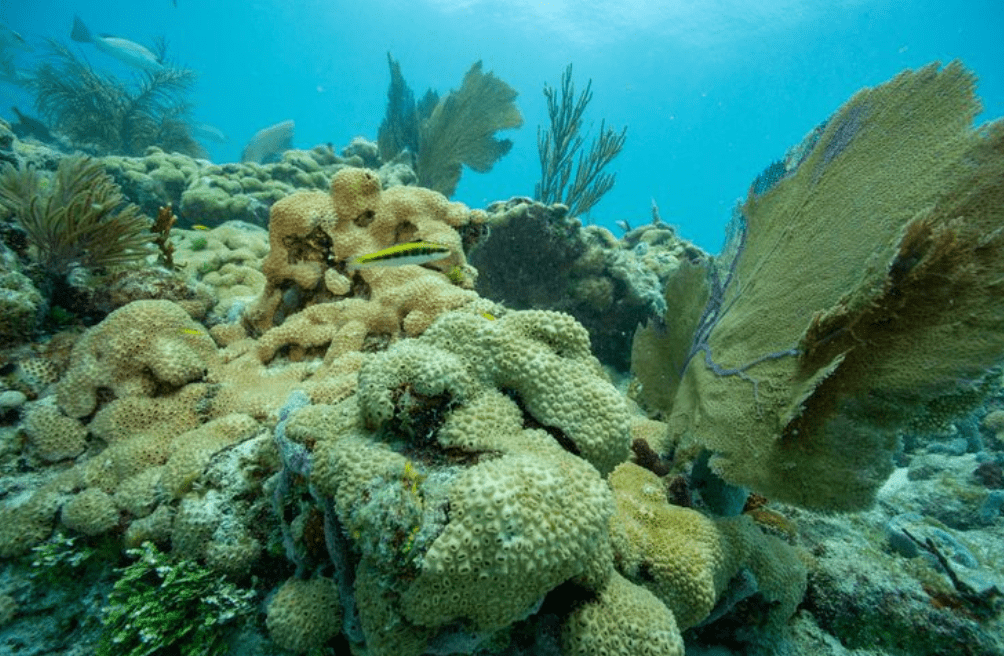One specialist stated, “This seems to be unprecedented in our records.”
According to researchers, the water surrounding the Florida Keys recently registered temperatures that appear to have broken records. This might have a terrible impact on the ecosystem of the area.
According to local climate scientists, a buoy in Manatee Bay registered 101.1 degrees on Monday, and buoys close by Murray Key and Johnson Key registered 99.3 and 98.4 degrees over the weekend. According to the Associated Press, the Manatee Bay buoy’s online readout on Sunday indicated a temperature of 100.2 degrees.

The temperatures are comparable to hot tub temperatures, which range from 100 to 102 degrees, according to Yale Climate Connections meteorologist Jeff Masters.
It’s a hot tub, here. “I prefer my hot tub to be between 100 and 101 (37.8, 38.3 C),” remarked Masters. That’s what was captured yesterday, I said.
The National Oceanic and Atmospheric Administration was cited by The Guardian as saying that the temperatures are outside of the range of measurements that are typical for this time of year, which are between 73 and 88 degrees.
“We didn’t expect this heating to happen so early in the year and to be so extreme,” Derek Manzello, a coordinator for the National Oceanic and Atmospheric Administration’s Coral Reef Watch, told CNN. “Based on our records, this appears to be unprecedented.”
According to the AP, due to the extreme warmth, scientists in Florida have seen coral bleaching and even the mortality of some corals in the region’s reef system.
After recently visiting the region in the Keys, NOAA researcher Andrew Ibarra told the publication “that the entire reef was bleached out.”
“Every single coral colony was exhibiting some form of paling, partial bleaching, or full out bleaching,” he claimed.
According to a NOAA experimental forecast released in June, the potentially record-breaking water temperatures are a part of a trend.
According to the forecast, by September, heat wave conditions might be present in 50% of the world’s oceans.




